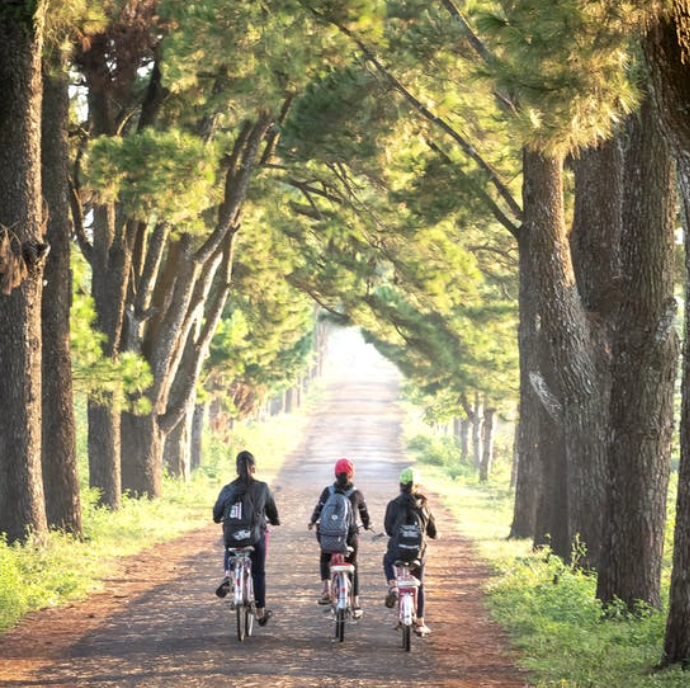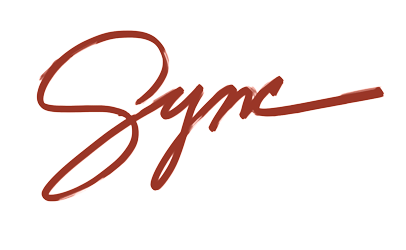
Friendships, the Pandemic, and Reevaluating What Matters
I think we can all agree that the pandemic has changed our lives in so many ways. One area of life which has been greatly impacted and which often gets overlooked is that of our friendships. We often take for granted that friendships should be easy, come naturally, and will be there for us, no matter what. But almost all of us have suffered when suddenly, due to pandemic limitations, we’ve had limited access to these friendships for an extended period of time.
As a therapist, I have found that my clients have needed to talk about their friendships during this time. With social distancing and masking rules, and varying levels of comfort in doing these things, my clients have been thrown off. People have been forced to make difficult decisions, torn between a sense of moral obligation to remain isolated, and a desire to be included in gatherings or trips. Many have experienced feelings of loss, and even jealousy, when friends gather without them. The result of this ambiguity during the pandemic is that many friendships have shifted, raising many questions and uncertainties.
“Friendscape” is a concept developed by Suzanne Degges-White, professor of counseling at Northern Illinois University. Degges-White suggests imagining how you want to arrange your ‘friendscape’, where people inhabit the foreground, middle ground or background of your relational life depending on how much time and emotional energy you invest in them. Bringing the friendscape concept into therapy sessions has provided a lens through which my clients and I could consider these pandemic-shifted friendships, and ask meaningful questions such as, “who did I think of most and long to talk to” and “with whom was I okay with letting communication slide?”
Kate Murphy’s NY Times article entitled, “How To Rearrange Your Post- Pandemic ‘Friendscape’” explains Degges-White’s concept of friendscape. Foreground friends are those you invest in the most with daily or weekly interfacing. We can handle a maximum of 4-6 of these friendships. These can also be filled by your partner, parent, sibling or child. Murphy explains that with foreground friends, you should have a sense of mutuality and reciprocity, and a general sense of joy to be with them. Being a good friend is equally important in examining your ‘friendscape’. Ask yourself, “have I been intentional about reaching out and not just when I need something”?
You’re not alone if, in reading this article, you suddenly feel unsure about your own friendscape. Perhaps this is the first time you’ve been invited to talk about the questions you have in regards to your friendships. Marriage and Family Therapists are trained to support you in whatever relationships are important and significant to you, including “chosen family”, and friendships.
While reevaluating friendships can be hard work, it’s an opportunity to design a new friendscape – one of intentionality. The reward can’t be overestimated. One way to begin is simply to ask yourself the following questions: What friendships have been life-giving for me this year, and which ones have shifted?
Action item: Sit down with a bullet journal or notebook. Make a list of the people you want in your foreground – your daily or weekly connection. Take steps to be intentional in maintaining these friendships.
Find more information on the friendscape concept from Degges-White, and Murphy’s “Post-Pandemic Friendship” discussion here: https://www.kcrw.com/culture/shows/life-examined/friendship-science-evolution-health-isolation/kate-murphy-friendscape-pandemic
